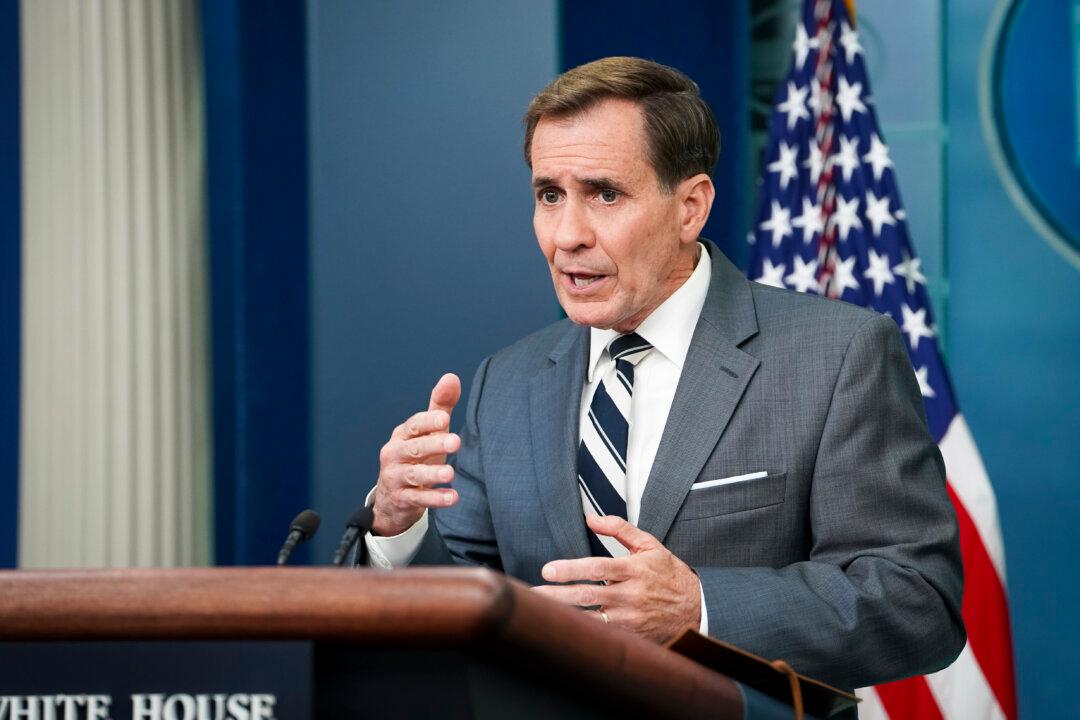A reporter on Wednesday demanded an explanation from the White House as to why the Biden administration has repeatedly refrained from calling the governments of Russia and China “evil regimes.”
During a press conference, Newsmax’s chief White House correspondent James Rosen cited President Ronald Reagan, who had described the Soviet regime as the “locus of evil” in the world, and asked why President Joe Biden hasn’t considered labeling governments that are running concentration camps or launching unprovoked wars as “evil regimes.”





